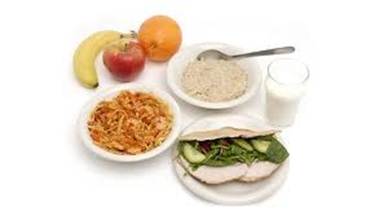Lifestyle modification strategies, especially nutritional education have become extremely important in the management of obesity and diabetes .A clinical study compared two isocaloric dietary regimens. A total of 79 type 2 diabetes (T2DM) patients with body mass index of 27 to 45 kg/m2 were randomly assigned 1:1 to either a low-fat (LF) dietary regimen (goal = at most 30% of energy from fat) or a low glycemic (LG) food regimen (goal = 1 to 3 servings of moderate- and high-glycemic food items per day). Both groups have identical calorie intake and physical activity targets and received educational support in nutrition: the LF group on low-fat recipes and eating plan, the LG group on identifying different and monitoring glycemic levels of food items.
Evaluations performed at baseline and weeks 20 and 40 included glycated hemoglobin (HbA1c), body weight and metabolic parameter measurements. HbA1c reductions were significantly higher in the LG vs. LF diet group.
No intergroup differences in weight change and metabolic parameters were observed. The results indicate that a glycemic- rather than a fat-targeted dietary regimen may be more effective in lifestyle modification programs for obese T2DM patients.
|
 |

